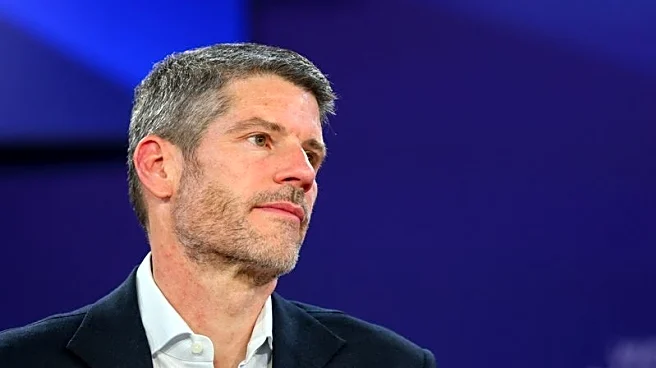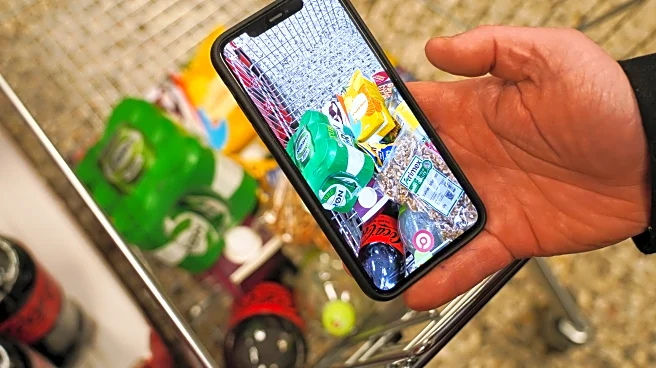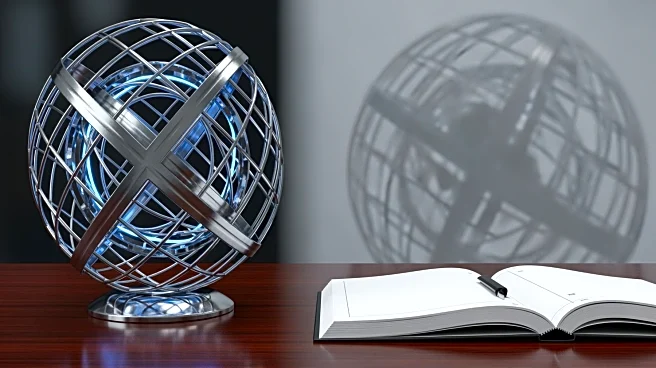What's Happening?
The Justice Department recently corrected a technical error involving President Trump's signature on several pardons dated November 7. Initially, identical copies of Trump's signature appeared on pardons granted to individuals such as former New York
Mets player Darryl Strawberry and former Tennessee House speaker Glen Casada. The identical signatures sparked online speculation, leading to the replacement of the documents with versions featuring unique signatures. The Justice Department attributed the error to staffing issues and emphasized that President Trump personally signed all the pardons. This incident comes amid a series of clemency actions by Trump, including a pardon for crypto billionaire Changpeng Zhao, which he described as a 'Biden witch hunt.'
Why It's Important?
The correction of the signature error is significant as it highlights the scrutiny surrounding presidential pardons and the processes involved. The incident underscores the importance of transparency and accuracy in governmental actions, especially those involving clemency. The situation also reflects ongoing political tensions, with Trump criticizing President Biden's use of an autopen for executive actions. The controversy may impact public perception of the legitimacy of pardons and the administration's handling of clemency. Legal experts note that the validity of a pardon hinges on presidential intent, not the method of signing, but the incident may fuel partisan debates over executive practices.
What's Next?
The incident may prompt further examination of the processes involved in issuing presidential pardons. Political figures, particularly Democrats, may call for investigations into the matter, potentially leading to discussions about the oversight and documentation of executive actions. The Justice Department may review its procedures to prevent similar errors in the future. Additionally, the controversy could influence public discourse on the use of technology in government operations, particularly regarding the authenticity and security of official documents.
Beyond the Headlines
The incident raises questions about the ethical implications of using technology in executive actions, such as the autopen, and the potential for errors in official documentation. It also highlights the cultural dimensions of presidential pardons, which often involve high-profile individuals and can reflect broader societal values and political dynamics. The situation may lead to discussions about the balance between efficiency and authenticity in government processes, as well as the role of technology in maintaining public trust.















